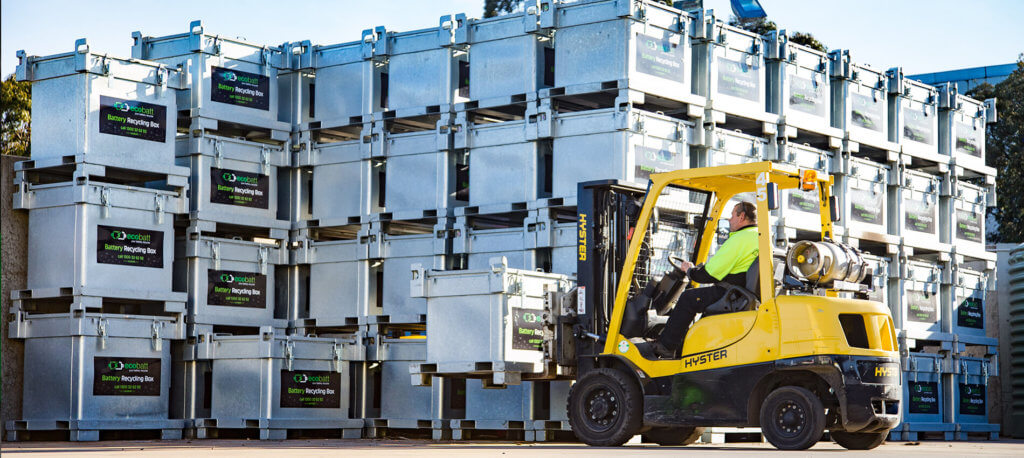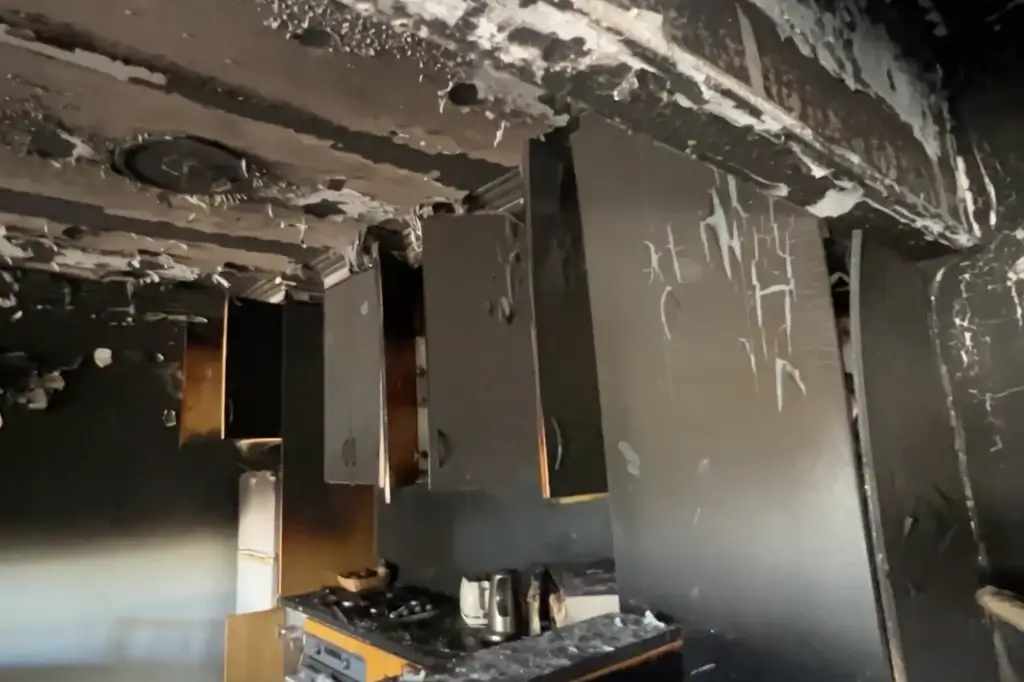Recycling Lithium-ion batteries is becoming a more important initiative for many of the world’s largest companies. The increasing usage of mobile phones, laptops and wireless technology means that efficiently recycling of lithium-ion is all important. New research shows that grinding up old batteries might lead to a low-energy way to recycle the lithium and other metals used in them.
The lithium metal in rechargeable batteries is currently recycled by either heating them to high temperatures or treating them with concentrated acids and organic solvents. Lithium battery consultant, Hans Eric Melin, estimates, that perhaps 15% of the metal in batteries is recovered using this method.
Using Mechanochemistry-the initiation of a chemical reaction by mechanical force from grinding or milling- is another viable process to recover lithium from lithium-ion batteries. The benefit of this approach in an overall recycling sense is the ability to extract from batteries lithium compounds and other metals such as cobalt or nickel. Commentators suggest that although the supply of these metals is not low, recycling of battery-powered devices is now acknowledged as a major lever in the transition away from fossil-fuel energy. The European Union has set a target of 80% lithium recovery for all batteries by 2031.
The German Karlsruhe Institute of Technology materials scientist, Oleksandr Dolotko, has looked at two extraction methods. The first took the cathode material from a lithium cobalt oxide battery and combined it with the same amount of aluminium foil. Real-life batteries contain aluminium, which they use as a ‘current collector’ to allow electrons to move out of the battery. The researchers mixed the compounds using a grinder called a ball miller. After 3 hours, the aluminium had reacted with the cathode material and produced a mixture of insoluble aluminium oxides, as well as metallic cobalt and water-soluble lithium oxides.
A second separation method known as water-based leaching and further purification produced the recycled lithium compound: lithium carbonate, which can be used to make more batteries.
Early results were disappointing with both methods recovering about 30% of the metal. With some fine tuning of the methods, they tested different cathode materials including heating the mixture that came out of the ball milling, with water. This prevented the formation of insoluble lithium aluminium oxides, which lock up the lithium.
These improved processes recovered 75% of the lithium from a mix of cathode materials.
Dolotko believes that Mechanochemistry is not typically used in commercial chemical processes, and exactly how mechanical force initiates chemical reactions isn’t completely understood. With significant opportunities to refine this complicated process it will be a balance between developing new simple techniques and the economics and pricing of the raw materials.
Dolotko is working on new processes to extract other metals from batteries at the same time, including cobalt and nickel.
Ecobatt will continue to look at the latest technology to ensure it understands the latest processes and that it can respond to the changing needs of the market.





